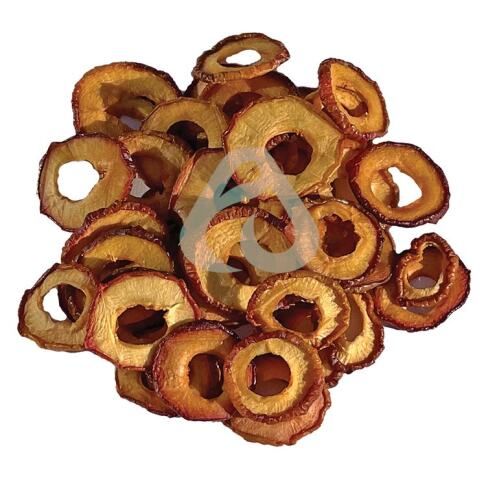Product Name: Dried Plum Stencil
Min.order: 1 Ton
Packaging: Carton
Net weight:12 kg
Store condition: Dry and Cold Place
Place of Origin: Tehran, Iran
Port: IranDelivery Terms: FOB
Payment Terms: 50% in advance and the rest against BL drafts
Dried plums, also known as prunes, have a surprising range of uses beyond just a tasty snack. Here's a look at their applications in various industries:
Food Industry:
Baking: Add sweetness, moisture, and fiber to cakes, breads, cookies, muffins, and granola bars.
Savory dishes: Enhance sauces, marinades, stuffings, and chutneys with a tangy counterpoint.
Cereals and trail mixes: Provide a chewy texture and natural sweetness.
Juices and smoothies: Blend for a nutritional boost and thicker consistency.
Direct consumption: As a healthy snack, source of fiber, and digestive aid.
Concentrated forms: Prune paste is used in baking and confectionery, while prune powder adds flavor and nutrients to smoothies and yogurt.
Pharmaceutical and Nutraceutical Industry:
Dietary supplement: Promote digestive health due to their high fiber content, potentially aiding constipation and gut health.
Source of natural antioxidants: May contribute to reducing inflammation and protecting against chronic diseases.
Research: Exploring potential benefits for bone health, cardiovascular health, and diabetes management.
Cosmetics and Personal Care Industry:
Natural exfoliant: The sugars and texture of dried plums can be used in scrubs and masks for gentle exfoliation.
Moisturizing properties: Prune extracts may be included in lotions and creams due to their humectant properties.
Antioxidant benefits: Research explores the potential of prune extracts for anti-aging and skin protection.
It's important to note that not all uses of dried plums are well-established or widely adopted. While some applications have seen success, others remain in the research or development phase.
Overall, dried plums offer a versatile and valuable resource with potential applications across various industries. Their nutritional profile, flavor characteristics, and unique properties make them a promising ingredient for exploring and innovating in diverse fields.


